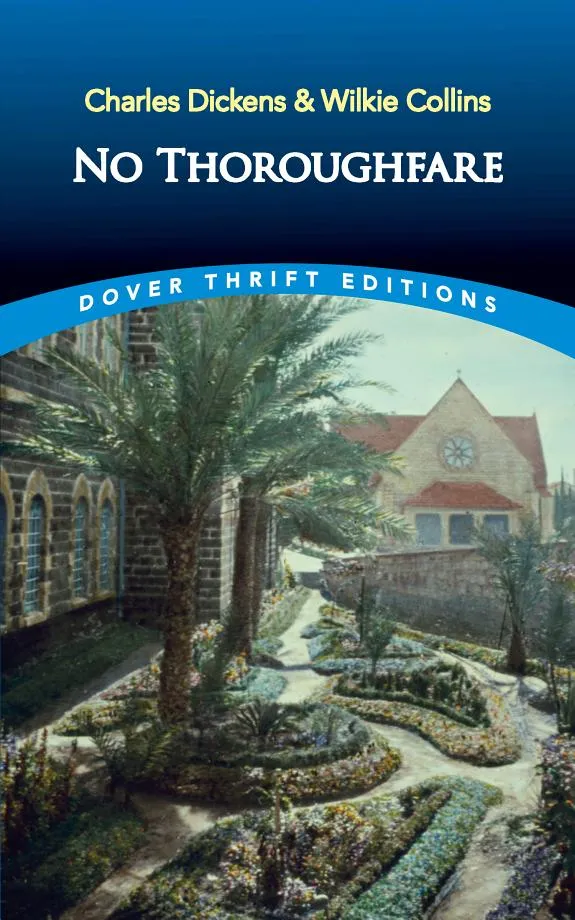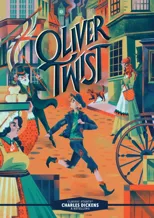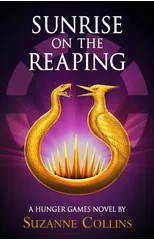A distraught mother is forced to abandon her baby to a foundling hospital and begs to know the name that the authorities have given her child. She's told that his name is Walter Wilding, and upon her returns a dozen years later, it's Walter Wilding she adopts. Young Walter becomes a successful wine merchant and is content in his good fortune until his new housekeeper, a former nurse at the foundling hospital, confides a dark secret that brings his identity into question. Walter's attempts to solve the mystery of his existence lead to "no thoroughfare," but a nefarious plot hatched by one of his business partners brings the truth to light. Long-time friends Charles Dickens and Wilkie Collins collaborated on this novel, which began as a stage play. Ranging from darkest London to the frozen peaks of the Swiss Alps and the sunny shores of the Mediterranean, the tale reflects their penchant for adventure, humor, and romance.
Charles Dickens
Charles Dickens was an English novelist and social critic, born in 1812. He is best known for his vivid characters, intricate plots, and powerful social commentary. Some of his most notable works include "Oliver Twist," "Great Expectations," and "A Christmas Carol." Dickens' writing style often combined humor with pathos, and his works often highlighted the struggles of the lower classes in Victorian England.
Dickens had a profound impact on the development of the novel as a literary form, helping to popularize serial publication and bringing attention to issues of poverty, injustice, and inequality. His most famous work, "A Tale of Two Cities," is a historical novel set during the French Revolution and is considered a classic of English literature. Dickens' legacy continues to resonate today, as his works remain popular and influential in the world of literature.









